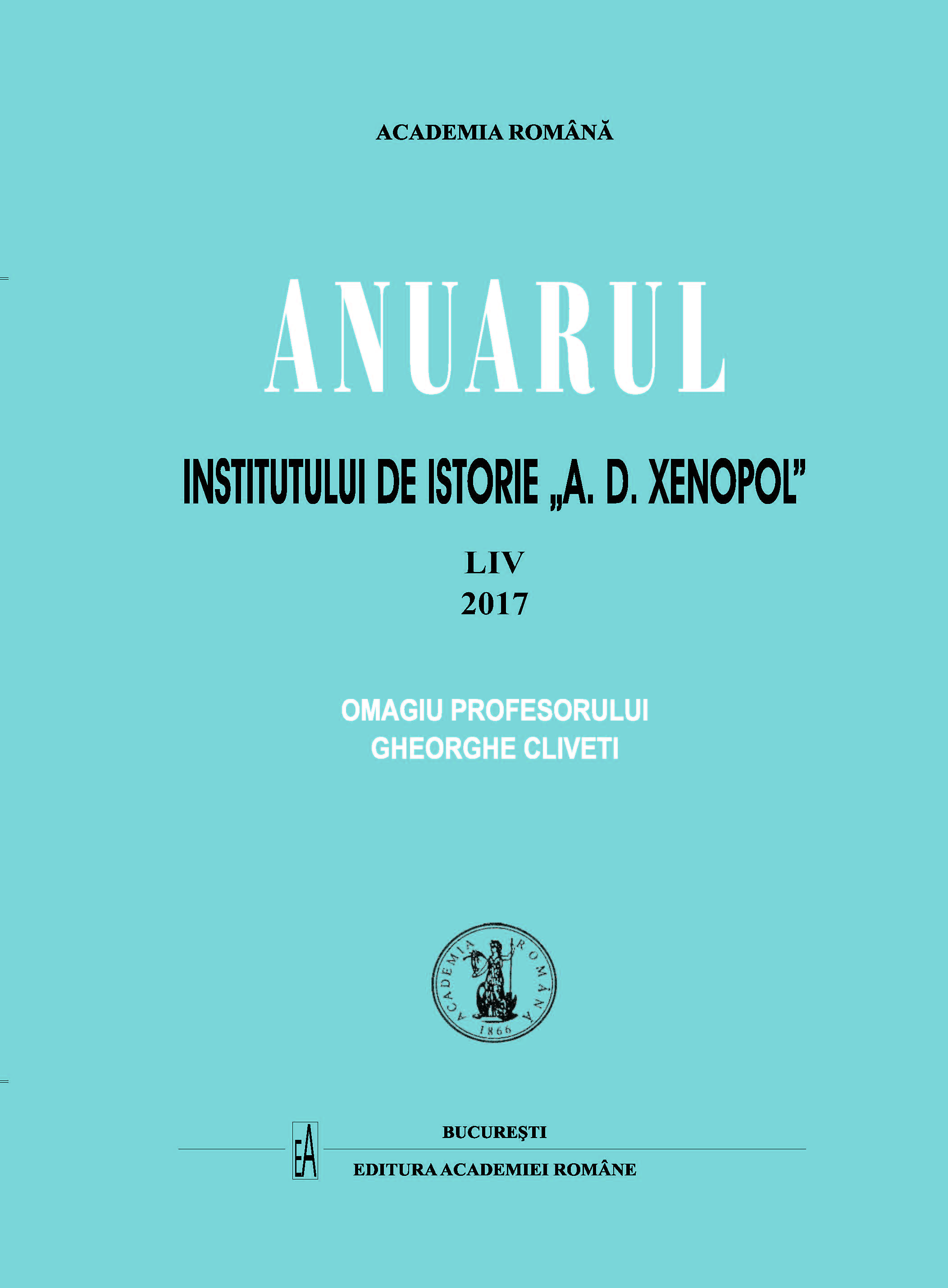LEGEA MAXIMULUI TAXELOR ȘI CONTRIBUȚIILOR COMUNALE DIN 1893 ÎN RETORICA POLITICĂ CONSERVATOARE ȘI LIBERALĂ
THE LAW OF MAXIMUM FEES AND COMMUNAL CONTRIBUTIONS OF 1893 IN CONSERVATIVE AND LIBERAL POLITICAL RHETORIC
Author(s): Iustin GhermanSubject(s): History
Published by: Editura Academiei Române
Keywords: Law; fee; commune; products; speech
Summary/Abstract: Between the years 1891 and 1895, after three years of political instability and another twelve of liberal domination, power was won by the Conservative-Junimist government led by Lascăr Catargiu. Hardly one could affirm that the experienced party leader was a privileged political man in the early years of the government. His constant attempts to regain the power, justified by his position as head of the Conservative Party, have often been thwarted by the Junimist group – and not only by it – but also by the hostile position shown not only once by King Carol I. Thus, the reactions of some conservatives against the Junimists manifested during these years should not surprise too much. On the other hand, the Junimist formation represented, even without the royal support, a resilient force by the value of its members, but also by the viability of a government program accepted by most of the conservatives. Moreover, Lascăr Catargiuʼs – Petre P. Carp government was later to be involved in a heated opposition by Liberals, especially after Dimitrie A. Sturdza's election as the party's incontestable head. The year 1893 was considered, legislative speaking, the most prolific year of the Conser-vative-Junimist cabinet. One of the most important laws adopted during this government was the law of maximum and communal contributions. An integral part of the government's political and financial conception, the legislative initiative of April 1893 stirred up the most violent reactions, both from liberals and from the people. The essence of the law was to increase the consumption taxes on products which were manufactured in communes. It is not difficult to anticipate that the opposition has found a breeding ground to exploit it, especially among those directly concerned, to whom these taxes were applied. Thus, the Liberals have done their best to turn the law into a political weapon to overthrow the government, remaining for it the sole option to defend the bill in Parliament, by resorting to an impetuous but compelling speech.
Journal: Anuarul Institutului de Istorie »A.D. Xenopol« - Iaşi
- Issue Year: LIV/2017
- Issue No: 54
- Page Range: 31-50
- Page Count: 20
- Language: Romanian

